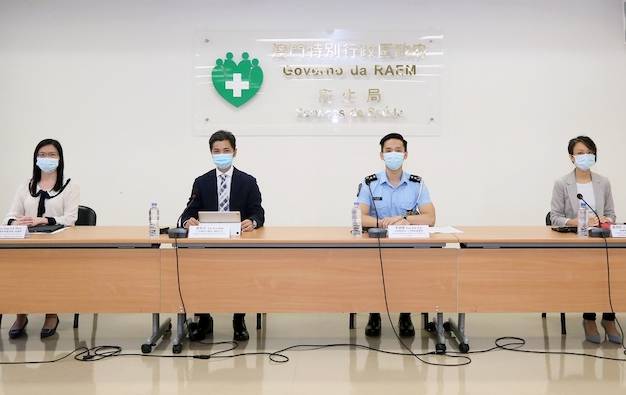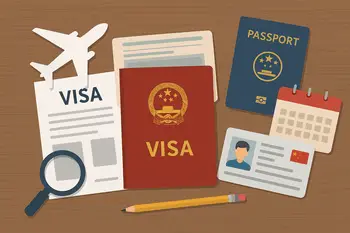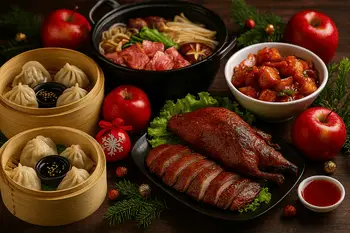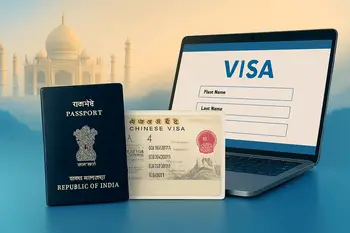
In a timely adjustment that is anticipated to enhance the SAR’s tourist sector, China’s Macao Special Administrative Region (SAR) lifted travel restrictions on visitors from numerous places on the mainland, where recent COVID-19 flare-ups have been effectively reined in.

According to the Chinese online travel agency platform Qunar, Macao’s hotel occupancy rate increased by nearly 30% compared to the previous day as a result of the change.
Individuals who have been to Tianshui, Northwest China’s Gansu Province, Yinchuan, Northwest China’s Ningxia Hui Autonomous Region, and Erenhot, North China’s Inner Mongolia Autonomous Region, will have their restrictions lifted as of Wednesday, according to the Macao Health Bureau.
Separately, the validity time for a negative COVID-19 nucleic acid test result for air passengers arriving from the mainland has been extended to seven days from 48 hours, according to Macao officials.
During the recent flare-up of COVID-19 infections on the mainland, Macao enforced the previous harsher requirement.
According to the National Health Commission’s daily report on Wednesday, the Chinese mainland recorded four new domestically transmitted COVID-19 cases on Tuesday.
“The prompt adjustment is a positive indicator that will assist in the restoration of the tourism industry, which is a critical sector for Macao,” Jiang Yiyi, a professor at Beijing Sport University’s leisure sports and tourism school, told the Global Times on Wednesday.
Macao’s neighbor, Guangdong Province in South China, accounts for more than half of mainland visitors.
Despite the fact that China’s outbound travel declined sharply in 2020 and 2021 as a result of the pandemic, mainland tourists to Macao have been steadily increasing, according to a recent report by the China Tourism Academy.
The market for mainland tourists visiting Macao has shown obvious indications of recovery, becoming a bright spot for outbound tourism, thanks to successful epidemic prevention and management, as well as smooth policy coordination.
According to the research, the city ranked first among all outbound destinations, ahead of China’s Hong Kong Special Administrative Region, Vietnam, and South Korea.
“The rebound, which is projected to continue next year,” Jiang explained, “is inextricably linked to the central government’s assistance for Macao’s economic development following the COVID-19 outbreak.”
Macao has also been actively pushing itself to mainland tourists as a safe and high-quality destination, holding promotional events in several mainland cities and offering discounts for payments made via electronic platforms.
In the third quarter, Macao’s GDP grew by 32.9 percent year on year, owing to continued gains in tourist and casino services.


